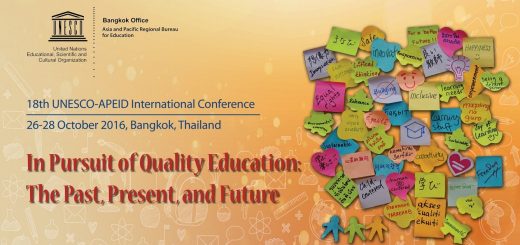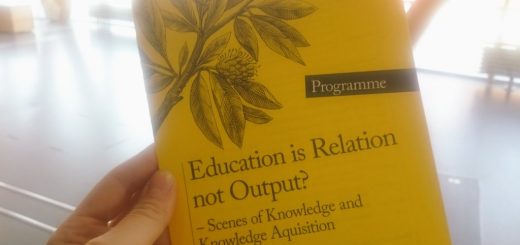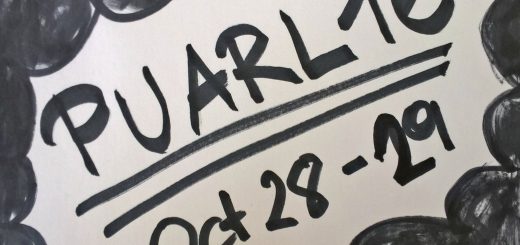Abstract Accepted @PUARL
I submitted the abstract “A pattern language for tacit knowledge. Supporting LLL through pattern mining” for the PUARL Conference 2016 and I am happy to announce that it was accepted!
Information about the conference
The Portland Urban Architecture Research Laboratory (PUARL) organizes the PUARL 2016 conference with the title ‘The Regenerative City.’
 “It will focus on various aspects of Regeneration in the City, the nature and quality of evidence based approaches to urban challenges, including the pattern language approach, and planning and design issues that we are facing in urban environments and buildings throughout the world today. This conference will take place in San Francisco in the Fall of 2016, October 28-30 in cooperation with PURPLSOC, the Collaborative for Inclusive Urbanism (CIU), and University of San Francisco (USFThe PUARL Conference provides a forum for researchers and practitioners from a variety of fields as well as for the broader public to come together to present and discuss theories and applications in fields including:
“It will focus on various aspects of Regeneration in the City, the nature and quality of evidence based approaches to urban challenges, including the pattern language approach, and planning and design issues that we are facing in urban environments and buildings throughout the world today. This conference will take place in San Francisco in the Fall of 2016, October 28-30 in cooperation with PURPLSOC, the Collaborative for Inclusive Urbanism (CIU), and University of San Francisco (USFThe PUARL Conference provides a forum for researchers and practitioners from a variety of fields as well as for the broader public to come together to present and discuss theories and applications in fields including:
- Architecture, Urbanism, and Regional Development
- Design, Media, Arts, Product Design
- Information Technology and Computer Software
- Pedagogy, Education, and Learning
- Social Activism, Social Innovation, and Grassroots Movements
- Everyday Applications and Special Interests”
See also: https://blogs.uoregon.edu/puarl2016/
My thoughts
At work, during leisure time, at school, at university – learning is happening in various places. Whatever we learn – we always rely on tacit components of knowing. If you learn mainly on the job or at home, during activities – you often don’t realize what you are really able to do and to tell others about it. We all know the problem: If someone leaves a job and a new co-worker arrives – how can this new member of the staff be prepared for the job? Is all knowledge lost with the “old” employee leaving? With time, we do not rethink over and over again how to act in the job and we are not aware anymore, how we really DO things or decide. We are not even aware that decisions were made! It feels like we are just “doing” things. But how should we come close to this tacit knowledge? The closer we come, the better we can tell others about them and help them to use similar, successful solutions. As soon as we can talk about our solutions, we can also reflect on them and choose which further learning pathway to take or qualifications to work for. Communicating and explaining these solutions help when it comes to validation procedures if you want to get certified, because FIRST you need to know WHAT you want to be certified in and what you could be certified for. Exploring patterns of tacit knowledge can help in this case.
Exploring your tacit knowing in actions helps you both – to reflect your actions and to communicate successful solutions in order to help others. It can stimulate inclusion, collaboration and sustainability of learning in the form of achieved qualifications.
At the moment I am working at my paper….keep you posted! 🙂


